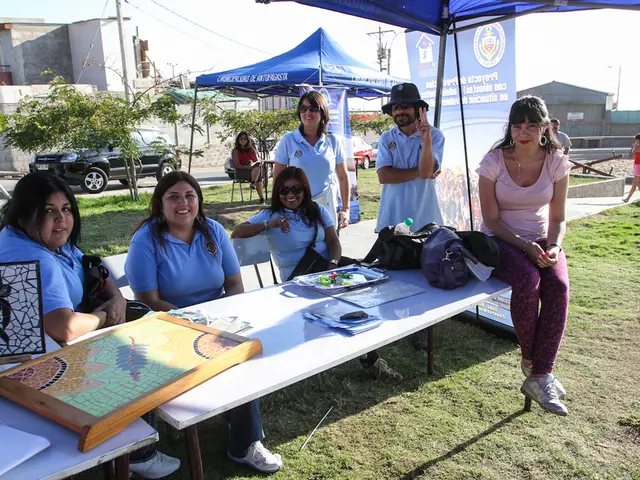Curacao's Gaming Authority undergoes review of its Licensing Procedures
In a significant move towards regulatory reform, the Curacao Gaming Control Board (GCB) has been replaced by the Curaçao Gaming Authority (CGA) in 2024. This transition marks a response to past allegations of corruption and regulatory weaknesses within the GCB.
The traditional Master License/Sublicense system, criticized for lax oversight, has been abandoned. Instead, the CGA now oversees licensing under two distinct categories: B2C (business-to-consumer) and B2B (business-to-business), aiming to improve transparency and integrity in the sector.
The CGA enforces stricter compliance standards, aligned with international regulations, to address past concerns. This includes rigorous checks during the licensing process, such as thorough document verification, background checks on decision-makers, and detailed assessments of business plans and operational websites.
Recent developments highlight the CGA's commitment to regulatory enforcement. An out-of-court settlement was reached with 12 online casinos over failures in identity verification (KYC) rules, a key regulatory requirement to prevent fraud and money laundering. This investigation, named "Nebraska", was initiated due to media reports and criminal complaints, demonstrating increased scrutiny on operator compliance.
While some operators settled by paying fines, non-compliant entities are being prosecuted, indicating active regulatory measures under the current system. However, there are no publicly disclosed ongoing corruption investigations specifically naming the old GCB staff or leadership.
The GCB's role in international compliance is informed by formal rulings from relevant foreign authorities. The licensing process is managed through a secure online portal, ensuring transparency and accountability. The GCB is also working to enhance its regulatory framework, with the full implementation of the National Ordinance for Games of Chance (LOK) expected by the end of 2024.
Despite the controversy surrounding its past operations, the GCB maintains that it is fully empowered to manage the licensing process without external interference. It clarified its legal authority and the transparency of its procedures in response to allegations of facilitating an illegal and financially opaque licensing regime.
The CGA's efforts are focused on maintaining a transparent, accountable, and resilient gaming industry in Curacao that adheres to both national and international standards. The implementation of new Alternative Dispute Resolution (ADR) mechanisms aims to strengthen player protections and ensure fair play.
The transition from the GCB to the CGA represents a significant step towards restoring trust and improving governance in the Curacao gaming industry. Future updates on regulatory developments are likely to come from official CGA statements or Curaçao government releases.
- The Curaçao Gaming Authority (CGA) has made casino-culture shifts, replacing the Master License/Sublicense system with a B2C and B2B system to boost transparency and integrity in casino-and-gambling sectors.
- The CGA has implemented stricter compliance standards, with meticulous document verification, background checks on decision-makers, and detailed assessments of business plans and operational websites for casino-games operators.
- Sports betting and gambling trends are also under the CGA's watchful eye as recent investigations like "Nebraska" have focused on operator compliance, particularly in relation to identity verification requirements.
- casino-personalties and the casino industry as a whole are being held to high standards, as evidenced by out-of-court settlements with operators over compliance failures, and ongoing enforcement actions against non-compliant entities.




